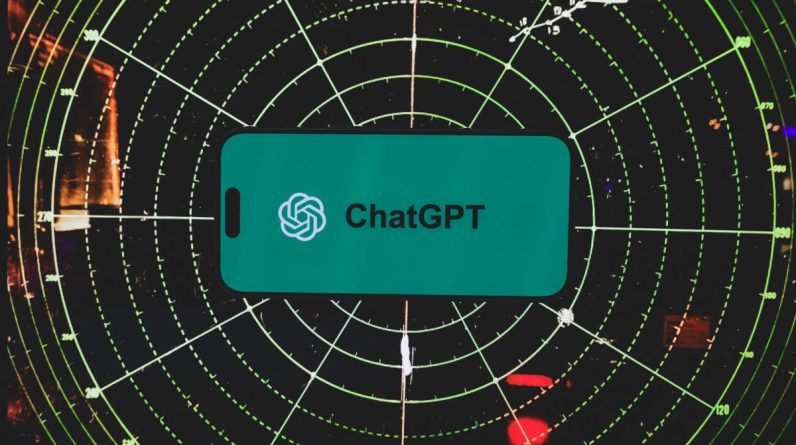The U.K.-based department store John Lewis is “urgently” calling on the socal platform X to take down a phony, AI-generated Kamala Harris-Tim Walz campaign ad.
The fake ad was revealed by the BBC and depicts a woman as though she wishes she’d had an abortion. A rambunctious child is seen running through a house spilling paint and misbehaving.
More from WWD
It was debunked by BBC Verify, an investigative team that is dedicated to examining the facts and claims behind a story to try to determine whether or not it is true. The video uses footage using an AI-generated voiceover that is meant to sound like Harris and footage from a British department store John Lewis ad from a few years ago.
The fake ad does not feature images of the Democratic presidential nominee nor her running mate Walz, but their names momentarily appear in the upper lefthand portion of the screen. Reproductive rights is one of the key issues in this year’s U.S. presidential race between Harris and former President Donald Trump.
On Thursday, former First Lady Melania Trump posted a video on X defending abortion rights.
In its coverage, the BBC said it had consulted with an “AI expert” who confirmed the Harris ad was “AI generated with notable flaws in the audio, including how ‘by’ was pronounced in the sentence, ‘We cannot stand by while freedom is stripped away.’” The specialist also flagged how an overlay music track is “a common trick used to disguise evidence of AI generation or manipulation,” according to the BBC.
A John Lewis spokesperson confirmed Friday that the footage was from one of its ads from a few years ago. “We’ve reported it to X and we’ve asked them to take this video down urgently,” the spokesperson said.
John Lewis & Partners has 34 John Lewis high-end department stores across the U.K., according to the company’s site. It is part of the John Lewis Partnership, which includes Waitrose, and is the U.K.’s largest employee-owned business.
The video’s creator told the BBC that he had used AI for the voiceover, but said that it was meant as “satire.”
Last year a University of Kansas study of 1,000 AI-generated ads found that only half of them were labeled as ads and they intentionally appeal to consumers in positive ways to influence them.
Harris was also featured in fake ads that popped up in Philadelphia last month. Several ads featuring an illustration of what was supposed to be the vice president’s likeness wearing a Philadelphia Eagles helmet and football shirt were removed from bus shelters in Philadelphia. They also featured the erroneous tag line, “The official candidate of the Philadelphia Eagles.”
A spokesperson for the Philadelphia Police Department said Friday that no arrests had been made regarding those fake ads. “Unfortunately, not — not yet any way,” the spokesperson added.
Safeguarding companies and consumers against deceptive AI-generated content has been in the news as of late. Last last month, the Federal Trade Commission initiated a crackdown on deceptive AI claims and schemes. Through “Operation AI Comply,” the agency announced five law enforcement actions against operations that use AI hype or AI technology for deceptive and unfair purposes.
In a legal complaint, the FTC claimed that DoNotPay falsely offered an AI service that was touted as “the world’s first robot lawyer,” but failed to “live up to its lofty claims.” The FTC also filed a lawsuit against Ascend Ecom, which allegedly charged consumers “tens of thousands of dollars” to start online stores on e-commerce platforms such as Amazon, Walmart, Etsy and TikTok, and spend “tens of thousands more on inventory.” In addition, the agency has charged that Ecommerce Empire Builders falsely claimed to help consumers build “an AI-generated e-commerce empire.”
The fourth company facing legal action Rytr, which sold and marketed an AI “writing assistant,” but the complaint claims that in some of the reviews that were created featured information that would deceive potential consumers. And in June, the FTC took action against FBA Machine for allegedly falsely promising consumers they would make guaranteed income through online storefronts that used AI-powered software.
Best of WWD
Sign up for WWD’s Newsletter. For the latest news, follow us on Facebook, Twitter, and Instagram.



